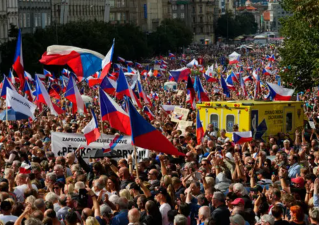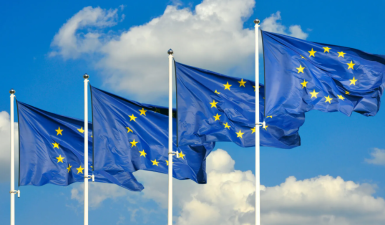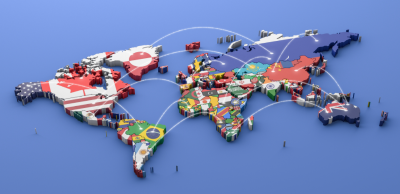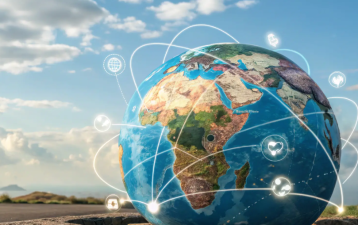The recent riots in the U.S. Capitol has profoundly exposed three major contradictions within American society: racial tensions, wealth conflicts, and partisan tensions. These conflicts are intertwined and intensifying, severely tearing American society apart. The United States is currently in turmoil, with over 2,500 protests erupting simultaneously across the country, attracting 7 million participants—the highest number of protests in nearly 60 years. People flooded the streets to protest the Trump administration, chanting slogans like "No King." On the 18th alone, 2,500 protests broke out simultaneously across the country, attracting 7 million participants—a record high for protest participation in the United States in nearly 60 years.The United States often addresses social problems with a focus on short-term remedial measures, lacking systemic reforms. The root of these problems lies in structural inequality, requiring more coordinated policies and social consensus to break the deadlock.

- Intensified Racial Tensions
- Prominent Wealth-Poor Conflicts
- Serious Partisan Tensions







